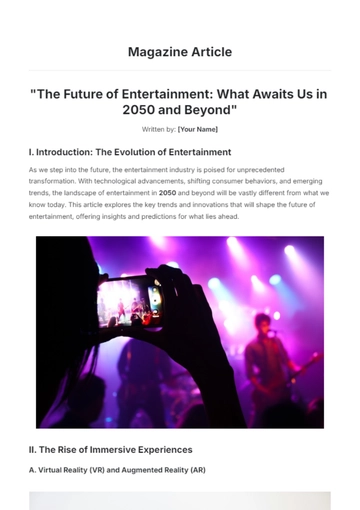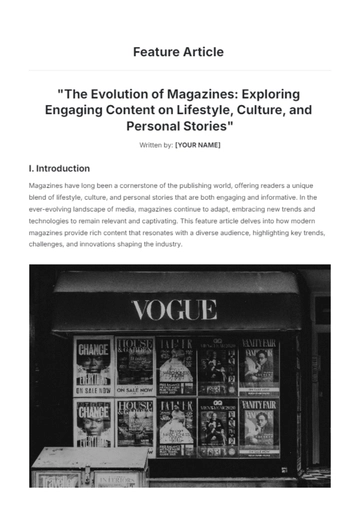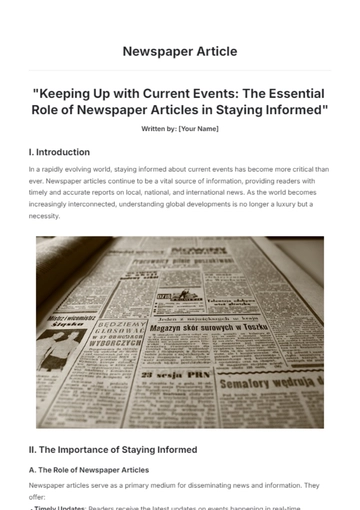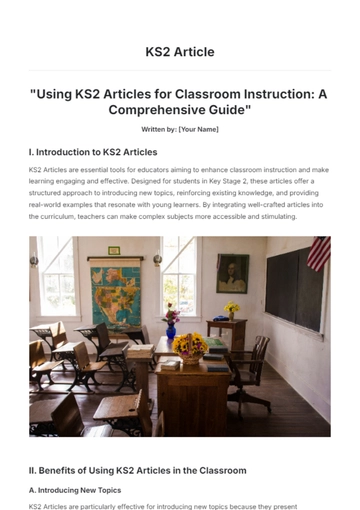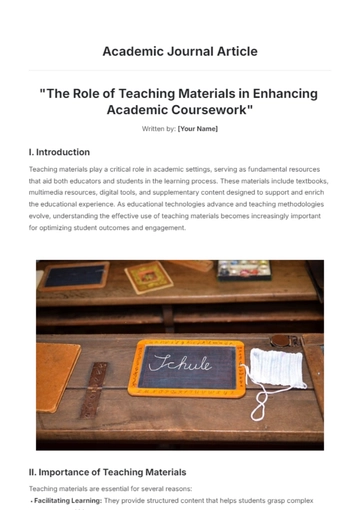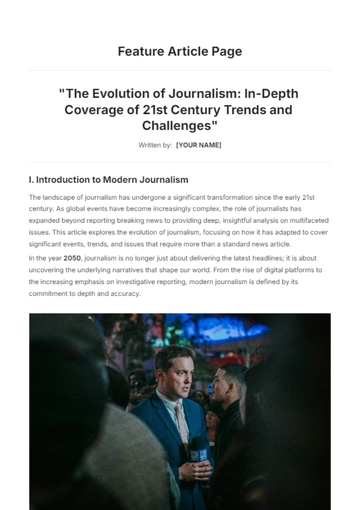Free Ethnographic Journal Article
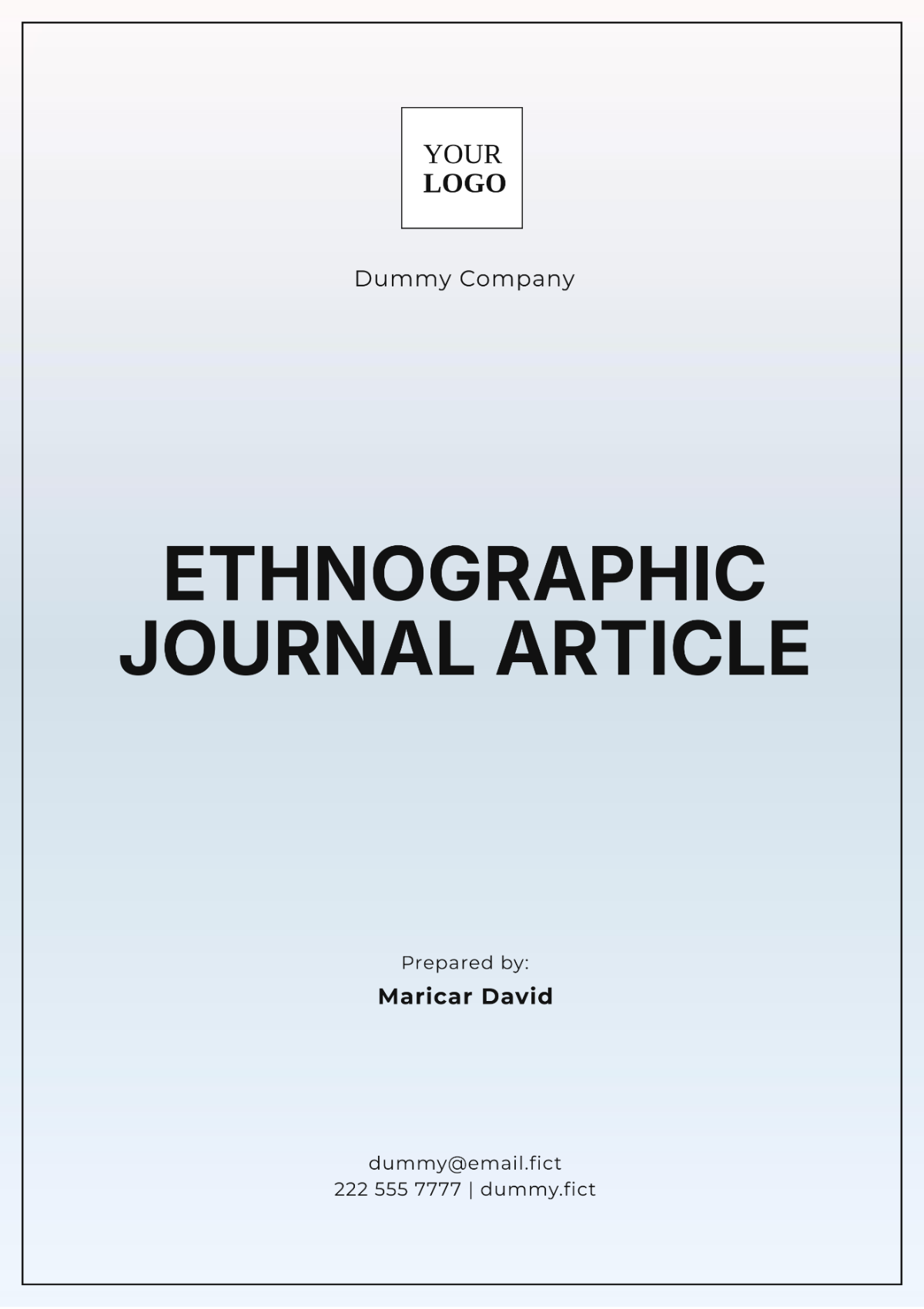
Title:
Cultural Identity and Social Interactions in Urban Markets: An Ethnographic Study of Street Vendors in the City Center
Abstract
This study explores how cultural identity shapes the social interactions of street vendors in a bustling urban market. Using participant observation and in-depth interviews, the research delves into the everyday experiences of vendors, focusing on the interplay between culture, identity, and economic survival. Findings reveal that cultural identity serves as a pivotal factor in shaping vendor-customer relationships and social dynamics within the market. The study contributes to the growing body of knowledge on urban ethnography and highlights the importance of cultural identity in informal economies.
Introduction
Urban markets are hubs of economic activity, social interaction, and cultural exchange. For street vendors, these spaces not only represent a source of livelihood but also serve as platforms where their cultural identities are expressed and negotiated. This study investigates how street vendors in a city center market construct and maintain their cultural identities and how these identities influence their interactions with customers, fellow vendors, and market authorities. By understanding these dynamics, the research aims to shed light on the role of cultural identity in informal economies.
Literature Review
Existing studies on urban markets have largely focused on the economic aspects of street vending, often neglecting the cultural and social dimensions. However, recent ethnographic research has shown that vendors' cultural identities play a significant role in shaping their experiences in these markets. Scholars such as Smith (2050) and Gonzalez (2055) argue that identity construction is a dynamic process influenced by daily interactions, economic pressures, and cultural backgrounds.
Methodology
This ethnographic study was conducted over six months in the city center market. Data collection methods included participant observation, where the researcher spent time interacting with street vendors, and semi-structured interviews with 25 vendors representing various cultural backgrounds. The research also involved documenting the vendors’ interactions with customers and fellow vendors, focusing on how cultural identity was expressed in these exchanges.
Results
The findings reveal that cultural identity significantly influences the way street vendors interact with their customers and peers. Vendors from the same cultural background often formed tight-knit social networks, offering mutual support and sharing resources. For instance, vendors of a specific ethnic group were more likely to recommend customers to one another and collaborate on bulk purchasing of goods. Cultural identity also influenced the way vendors marketed their products, with some emphasizing traditional foods or handmade items specific to their culture.
Discussion
The results of this study demonstrate that cultural identity is not only a personal attribute but also a social tool that vendors use to navigate the complexities of urban markets. The ability to connect with customers through shared cultural ties was a critical factor in the vendors' economic success. Furthermore, the study reveals that cultural identity can act as a source of solidarity among vendors, creating informal networks of support that are vital in the competitive environment of urban markets.
Conclusion
This ethnographic study highlights the importance of cultural identity in shaping the experiences of street vendors in an urban market. Through their daily interactions with customers and peers, vendors actively construct and negotiate their cultural identities, which in turn influence their economic strategies and social relationships. The study contributes to the understanding of informal economies by demonstrating the integral role of culture in these environments.
References
Gonzalez, M. (2055). Urban Markets and Identity: An Ethnographic Approach. Journal of Urban Studies, 32(4), 520-538.
Smith, J. (2050). Cultural Negotiations in Informal Economies. Ethnographic Journal, 21(3), 301-315.
Turner, R. (2058). Social Dynamics in Street Markets: The Role of Identity. Sociology of Economic Life, 44(1), 198-214.
- 100% Customizable, free editor
- Access 1 Million+ Templates, photo’s & graphics
- Download or share as a template
- Click and replace photos, graphics, text, backgrounds
- Resize, crop, AI write & more
- Access advanced editor
Ethnographic Journal Article Template, offered by Template.net. This customizable and downloadable template is designed for ease and efficiency, allowing you to focus on your content. It's fully printable and editable in our AI Editor Tool, ensuring your article meets the highest standards. Tailor it to your needs with ease and produce a professional, polished ethnographic journal article.









